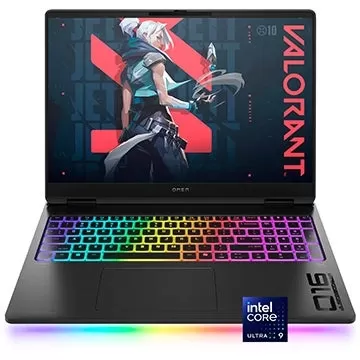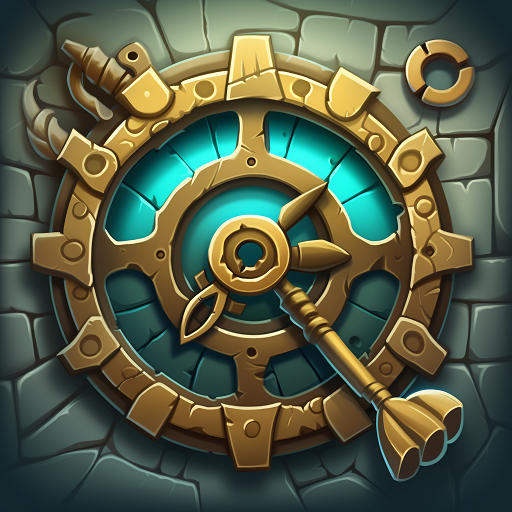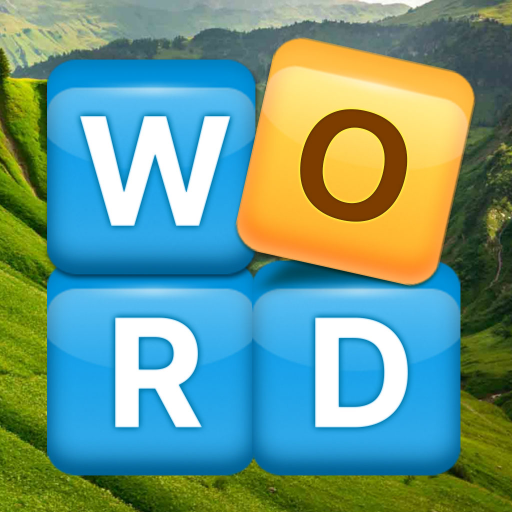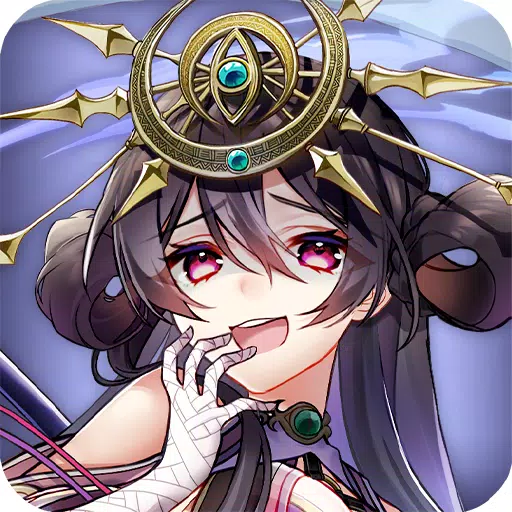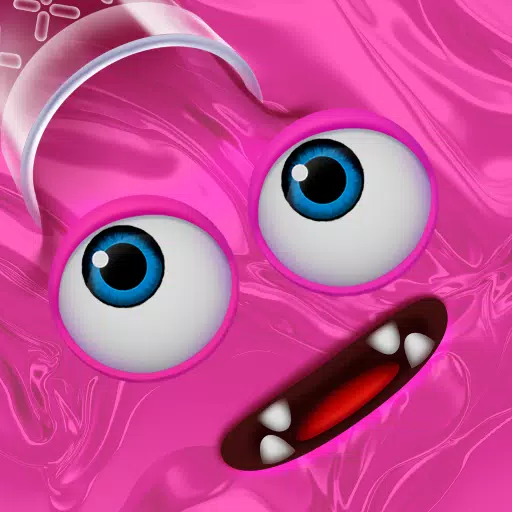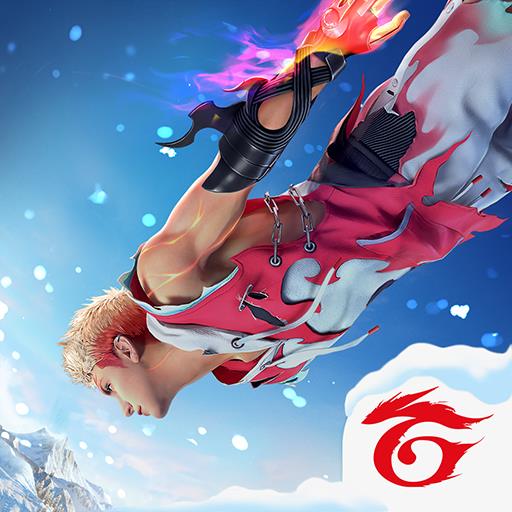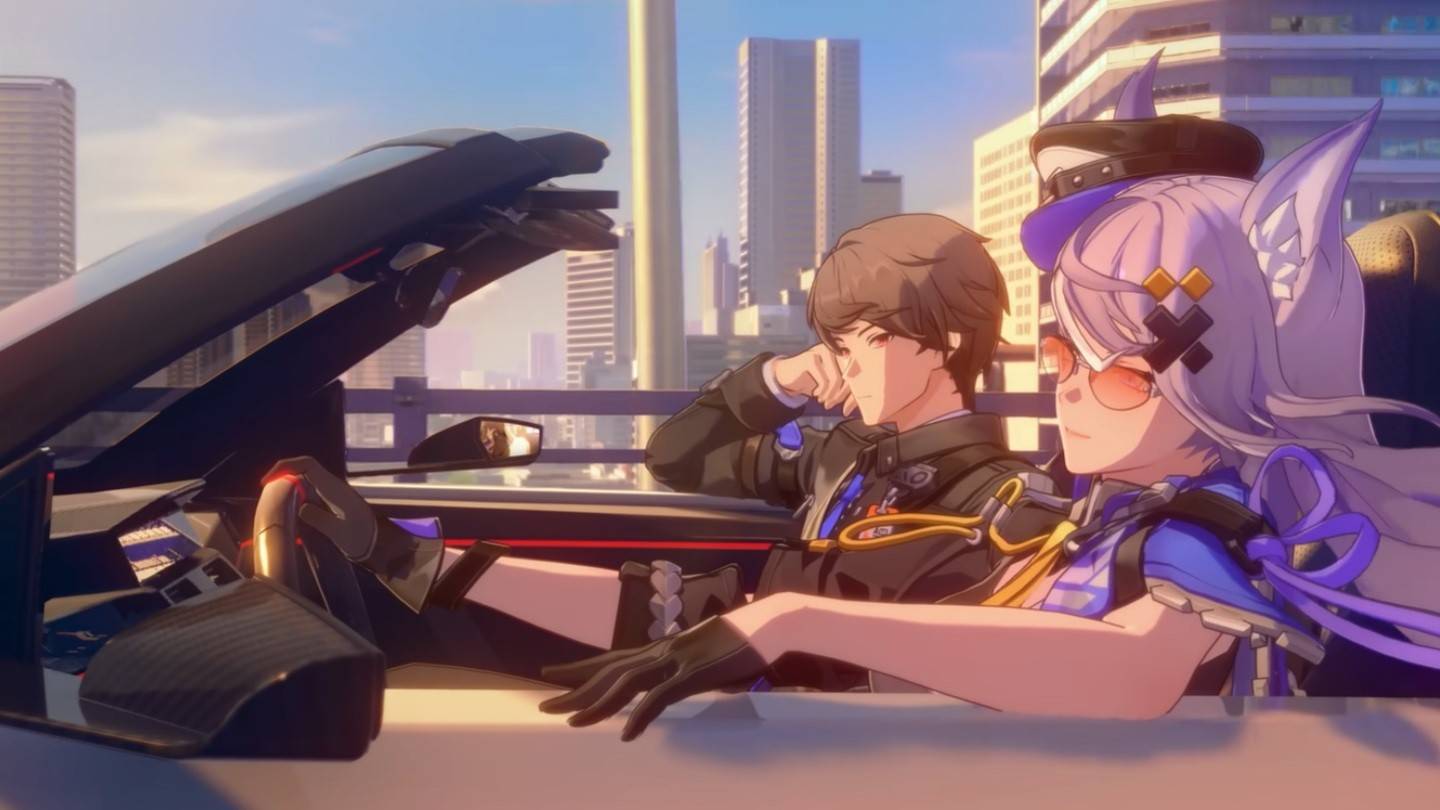The Marvel Cinematic Universe (MCU) has revolutionized entertainment with its interconnected series of films and TV shows, creating a long-running, cohesive narrative. However, Marvel video games have not followed suit, as they tell stories that are entirely separate and unrelated to one another. For instance, Insomniac’s Marvel’s Spider-Man games are distinct from Eidos-Montreal’s Marvel's Guardians of the Galaxy. Similarly, upcoming titles like Marvel 1943: Rise of Hydra, Marvel's Wolverine, and Marvel’s Blade do not share a connected universe.
Yet, there was once an ambitious plan at Disney to develop a Marvel Gaming Universe (MGU) that would emulate the MCU's success in video games. So, what led to the abandonment of this idea?

During an episode of The Fourth Curtain podcast, host Alexander Seropian and guest Alex Irvine, both of whom were involved in the MGU project, shed light on its fate. Seropian, known for co-founding Bungie and his work on Halo and Destiny, led Disney's video game business until his departure in 2012. Irvine, a seasoned writer for Marvel games, contributed significantly to the world-building and character development in the recent hit, Marvel Rivals.
Irvine reminisced about the early days of his involvement with Marvel games and the initial concept of the MGU. "When I first started working on Marvel games, there was this idea that they were going to create a Marvel gaming universe that was going to exist in the same way that the MCU did," he said. "It never really happened."
Seropian revealed that the MGU was his brainchild, but it failed to secure funding from Disney's higher-ups. "When I was at Disney, that was my initiative, 'Hey, let’s tie these games together.' It was pre-MCU," Seropian explained. "But it didn’t get funded."
Irvine, who had experience with alternate reality games (ARGs) like I Love Bees from his time at Bungie, shared his vision for the MGU. "That was so frustrating because we came up with all these great ideas about how to do it," he said. "And I was coming out of ARGs at that point and thinking, 'Wouldn’t it be cool if we had some ARG aspects?' There would be a place where players could go that all the games touched, and we could move them back and forth from game to game. We could link in comics, we could loop in anything, we could do original stuff. And then, as Alex said, it didn’t get funded. So we made a bunch of games."
The complexity of the MGU concept was a significant hurdle. Irvine noted that the intricacies involved in differentiating the MGU from comics and movies, and maintaining consistency, were daunting. "Even back then, we were trying to figure out, 'If there’s going to be this MGU, how is it different from the comics? How is it different from the movies? How are we going to decide if it stays consistent?' And I think some of those questions got complex enough that there were people at Disney who didn’t really want to deal with them," he explained.
It's intriguing to consider what might have been if the MGU had received the necessary funding. Perhaps Insomniac’s Spider-Man games could have shared a universe with Square Enix’s Marvel's Avengers and Marvel's Guardians of the Galaxy, featuring cross-game cameos and culminating in a grand, Endgame-style event.
Looking to the future, there's curiosity about Insomniac's Marvel's Wolverine game. Will it be set in the same universe as Marvel's Spider-Man? Could Spider-Man or other characters from those games appear in Wolverine?
Sadly, the MGU remains a missed opportunity in the world of video games. Yet, in some alternate universe, it might just be thriving.

